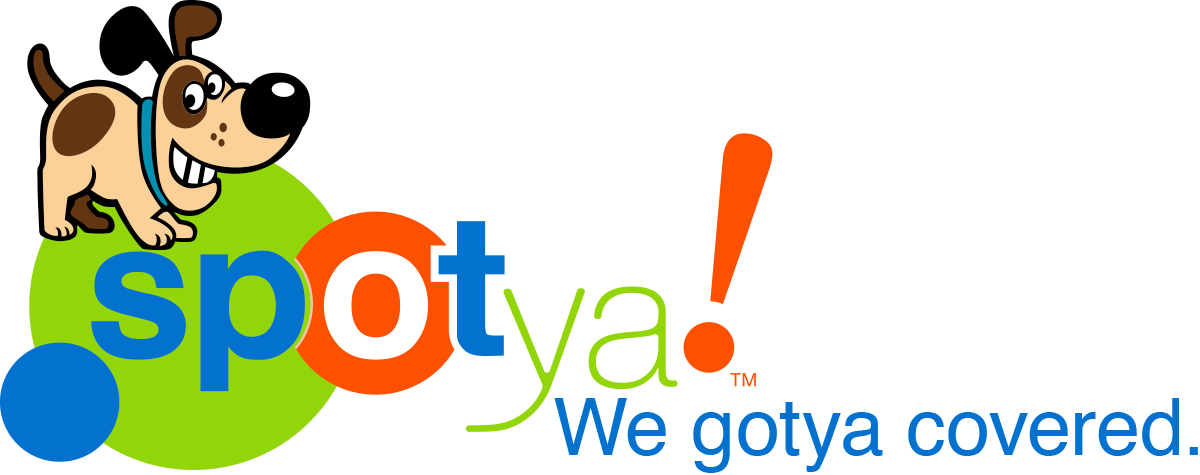What more can be done to keep the upcoming generations away from relying on payroll advance loans or credit cards to outspend their income? Students begin their education at an early age. Young students begin learning to read, write and solve mathematical problems when they are five. It is interesting that after 13 years of school many young adults go off to college or start in the workforce without proper financial education. Where do they learn about the value of a dollar and how to apply this knowledge to the demands and temptations of everyday life?
Does a financial talk with your child include lessons on a payroll advance?
At the elementary level, children’s math classes are heavily focused on money. They learn the value of coins and bills, how to use money in basic equations. Word problems help to teach a child how to apply these calculations to what could be real life experiences. Once grade school has been completed, the money focus is lost on advanced math skills of algebra and calculus. Education turns its attention to prepare a young adult for higher education. There is no talk about personal finances. Where are the lessons about bank accounts, transaction fees or the pros and cons to credit cards and obtaining an online payroll advance?
Where does this information come from? Personal finances tend to be lessons learned at home. Do parents know they are homeschooling their children on the basics of budgeting and controlling spending? Are they aware that personal finances for a young adult are often defined by the practices of their parents? Do children hear their parents fighting over money? Are charge cards used everywhere they go without any follow-up discussion of how they work? Do children see or hear parents talk about paying bills, cutting back on spending or getting rid of debt?
Children will learn if someone teaches them. If they are not led in the right direction, they will form bad habits without any idea that there are negative results to come. There are many high school students who are already using credit cards. The young adult may have a job to support the payment, but where is the lesson on saving, budgeting for needs and limiting wants? Some of these young folks learn that as long as the minimum payment is made on-time then there is nothing to worry about. There are many adults who felt that way until their credit card debt grew to unaffordable amounts when there are other living expenses which need to be paid as well.
Young adults need to learn about bank accounts alongside credit cards. Set up both checking and savings and teach them that only a small percentage of their income can go towards the ‘entertainment’ category. Car insurance, loans and cell phone payments should be set into budgeted categories so the young adult will learn to keep money aside for upcoming needs. Parents who hand out cash to support free spending are sending a different message. Getting a fast payroll advance in order to cover an on-time payment is not free in the real world and shouldn’t be as a youngster.











